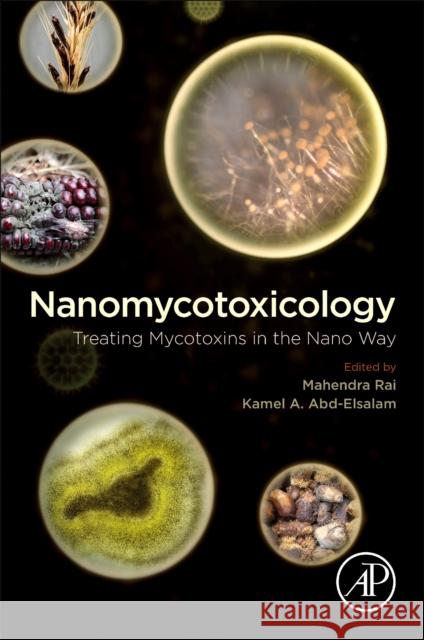Nanomycotoxicology: Treating Mycotoxins in the Nano Way » książka
topmenu
Nanomycotoxicology: Treating Mycotoxins in the Nano Way
ISBN-13: 9780128179987 / Angielski / Miękka / 2019 / 378 str.
Kategorie:
Kategorie BISAC:
Wydawca:
Academic Press
Język:
Angielski
ISBN-13:
9780128179987
Rok wydania:
2019
Ilość stron:
378
Oprawa:
Miękka
Wolumenów:
01
Dodatkowe informacje:
Bibliografia
Wydanie ilustrowane
Wydanie ilustrowane











